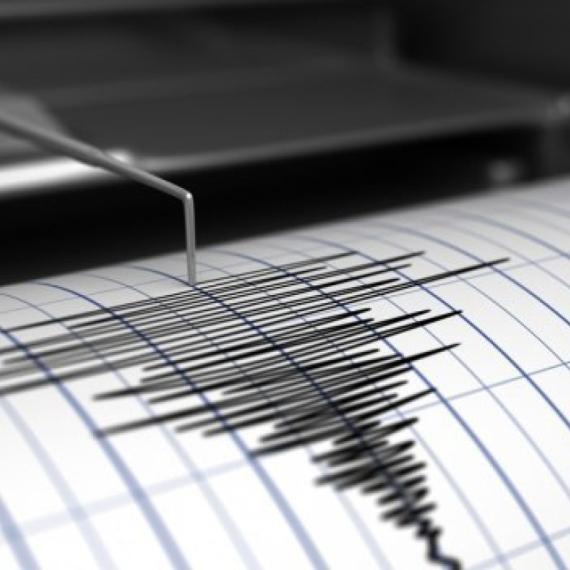"Only those involved refused polygraph test"
In the case of the murder of Slavko Ćuruvija, a polygraph test has been refused only by those suspected of involvement in the crime, says Veran Matić.
Tuesday, 17.12.2013.
13:43

BELGRADE In the case of the murder of Slavko Curuvija, a polygraph test has been refused only by those suspected of involvement in the crime, says Veran Matic. The president of the commission set up to investigate murders of journalists told the daily Danas that the current practice has shown, although it could not be used as evidence in court, that such testing was refused only by persons who are suspected masterminds, organizers, helpers or perpetrators of the heinous crime. "Only those involved refused polygraph test" According to him, several persons were in different ways found to have lied when giving evidence to the police, and some even before the investigating judge, especially in terms of what they were doing at the time of the murder of the journalist and publisher, which took place on April 11, 1999. "The example of one of those investigated (in the Curuvija case) is interesting - he failed the polygraph test, and immediately after met with a person who is designated as the organizer of the murder, first secretly and then publicly," stressed Matic. A lawyer for Milan Radonjic and Ratko Romic, Zora Dobricanin-Nikodinovic, said that "a polygraph test would not make any sense now." Asked whether the "lie detector" can be applied to shed light on the killings older than a decade, Marko Milosevic, an expert of the Belgrade Center for Security Policy, told Danas that, unless the case is formally closed and the investigation completed, the use of a polygraph test is possible just as any other investigative action. "Either a court order is required, which should be regulated by the new Law on Criminal Procedure, or - and legal experts would know more about this, since the interpretation of the law is a little fluid - voluntary consent. The fact is that by polygraphs are increasingly used in crime investigations. Now, whether people whose physiological reactions are monitored in this way could become upset due to the stress and what is published in the media, rather than because they are guilty - that is highly controversial." "Some studies conducted in Bosnia show that repeat offenders most often agree to take the test, who then often attribute the results also to a stressful situation. There is now a question of the training and skills of those who conduct the test, but with consent or a court order, the passage of time itself, the media reports, and the stress, should not dispute this method," said Milosevic. He added that an examiner's skills develop, and it is likely that there are certain "control" issues also for the situation with regard to an incident that happened 10 or 15 years ago. Veran Matic (B92, file) Danas
"Only those involved refused polygraph test"
According to him, several persons were in different ways found to have lied when giving evidence to the police, and some even before the investigating judge, especially in terms of what they were doing at the time of the murder of the journalist and publisher, which took place on April 11, 1999."The example of one of those investigated (in the Ćuruvija case) is interesting - he failed the polygraph test, and immediately after met with a person who is designated as the organizer of the murder, first secretly and then publicly," stressed Matić.
A lawyer for Milan Radonjić and Ratko Romić, Zora Dobričanin-Nikodinović, said that "a polygraph test would not make any sense now."
Asked whether the "lie detector" can be applied to shed light on the killings older than a decade, Marko Milošević, an expert of the Belgrade Center for Security Policy, told Danas that, unless the case is formally closed and the investigation completed, the use of a polygraph test is possible just as any other investigative action.
"Either a court order is required, which should be regulated by the new Law on Criminal Procedure, or - and legal experts would know more about this, since the interpretation of the law is a little fluid - voluntary consent. The fact is that by polygraphs are increasingly used in crime investigations. Now, whether people whose physiological reactions are monitored in this way could become upset due to the stress and what is published in the media, rather than because they are guilty - that is highly controversial."
"Some studies conducted in Bosnia show that repeat offenders most often agree to take the test, who then often attribute the results also to a stressful situation. There is now a question of the training and skills of those who conduct the test, but with consent or a court order, the passage of time itself, the media reports, and the stress, should not dispute this method," said Milošević.
He added that an examiner's skills develop, and it is likely that there are certain "control" issues also for the situation with regard to an incident that happened 10 or 15 years ago.



























































Komentari 2
Pogledaj komentare